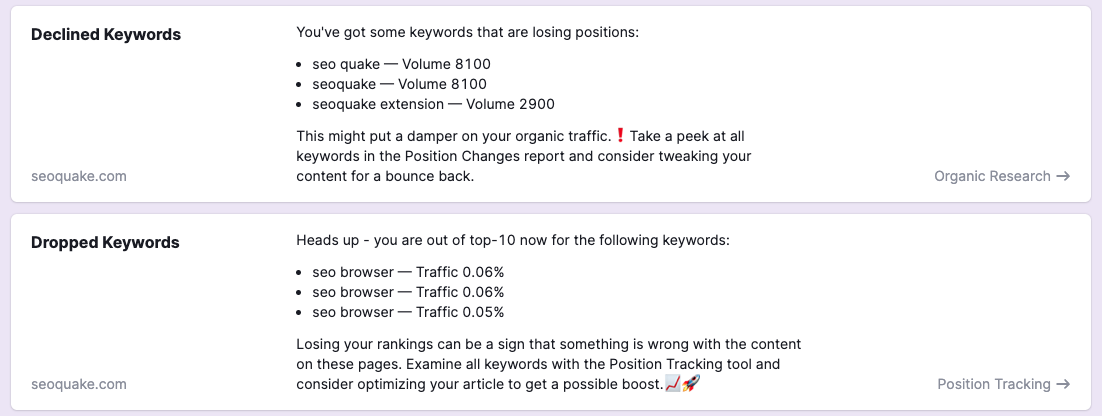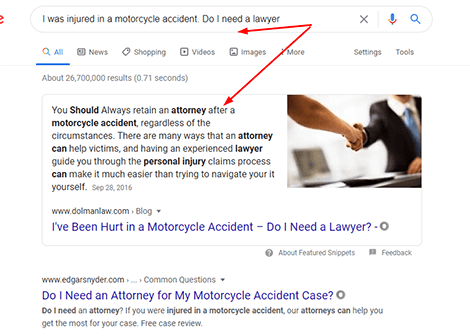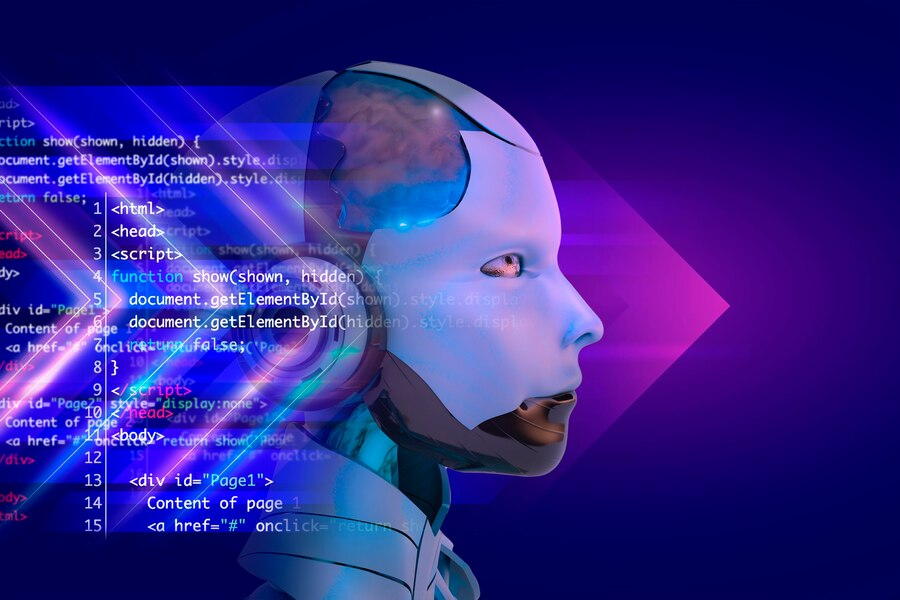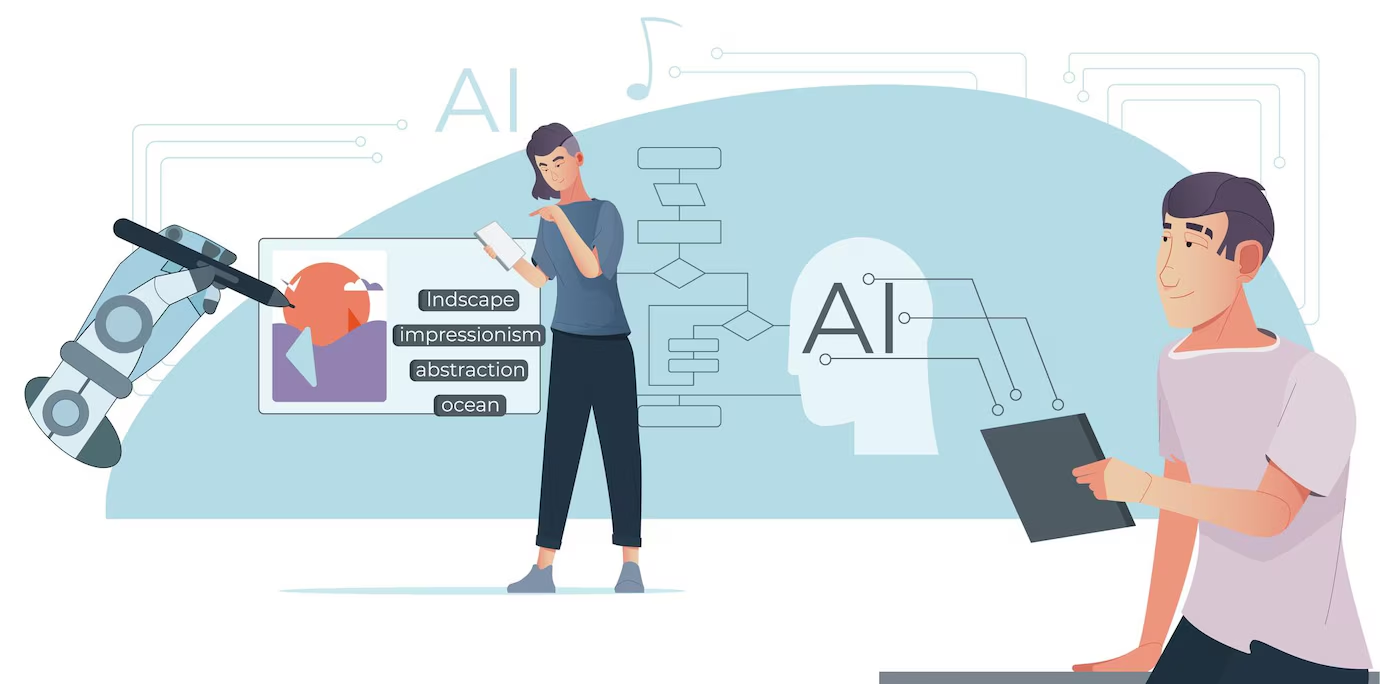
AI made significant progress in 2023, as evidenced by events like the launch of Google’s AI-powered search engine and OpenAI’s GPT-4.
But in the ever-changing world of digital marketing, what does this mean for link development in the future?
With the speed at which technology is developing, it is impossible not to wonder how AI and machine learning will affect link-building tactics in the future.
The future of link building is not only a question of strategy in a digital ecosystem where every click matters but rather a world transformed by artificial intelligence and machine learning.
These technologies are going to change the way we think about creating links, from automated outreach to predictive analytics. Understanding the influence of AI on SEO tools will become increasingly important as they become more integrated.
This article will discuss how artificial intelligence (AI) and machine learning transform link-building tactics.
Understanding AI and Machine Learning in Link Building
The world of link building and search engine optimization (SEO) has changed as a result of artificial intelligence (AI) and machine learning (ML). A significant 6–10% increase in revenue was observed by 30% of adopters after using AI in their sales and marketing tactics.
These technologies provide cutting-edge features that surpass conventional approaches, deliver insightful information, and increase productivity.
Although artificial intelligence has recently gained considerable attention, its importance in SEO has long existed. Google has led the way in incorporating AI into SEO strategies for more than twenty years.
It is of great importance that Google has developed and used AI since the company’s beginning. An example of this is the development of features like Google Lens and Google Translate, both of which are powered entirely by AI technologies.
The comprehension of their function is the key to the effective utilization of their full capacity in the link building strategies.
Exploring AI and Machine Learning Applications in SEO and Link Building
Let’s explore how these advanced technologies are reshaping the landscape of SEO and link building.
1. Natural Language Processing (NLP)

javatpoint.com/nlp
AI goes through the textual data very carefully, studying the language patterns and the semantics to get deep insights. This procedure enables AI to find the important keywords and topics that are essential for content optimization.
Semrush.com/blog
Consider Semrush’s Copilot, an AI-powered SEO assistant, on your Semrush Projects page. This cutting-edge device provides useful information on keyword opportunities, such as those that have decreased, disappeared, or appeared for the first time.
2. Sentiment Analysis

geeksforgeeks.org
AI helps in interpreting the responses and feelings of the audience by analyzing the sentiment and emotionality of the web content.
This subtle analysis helps marketers to customize the link-building strategies according to the audience’s likings and feelings.
As per the recent study sentiment analysis shows an accuracy of 90% which makes it a mature technology for use by customers, employees, and businesses simultaneously.
3. Predictive Analytics
With the help of historical data, AI can predict future trends and behaviors, thus providing marketers with invaluable information about the upcoming changes in the digital landscape.
This predictive analysis enables marketers to be in the front position by anticipating the changes in the digital world and modifying their strategy accordingly.
The survey carried out by Forrester revealed that 53% of marketing leaders are already using or planning to use AI for predictive analytics and customer insights.
Benefits of AI-driven Link-Building Strategies
The use of AI-based link-building strategies provides unprecedented advantages and opportunities for businesses that want to improve their online presence and achieve sustainable growth. Let us delve into the numerous benefits that AI brings to the table in the field of link building.
- Enhanced Efficiency: AI algorithms process huge datasets rapidly and correctly. Thus, the link prospecting process is made easy, and the time and resources are saved for marketers.
- Improved Accuracy: The AI-powered tools can find suitable link opportunities with accuracy; thus, the chance of sending irrelevant or low-quality prospects is reduced.
- Personalization: AI makes possible personalized outreach through the analysis of the recipient data and the customization of the communication according to individual preferences, thus, the chance of the successful acquisition of the link is increased.
- Enhanced ROI: AI-driven strategies can generate higher returns on investment than traditional methods by optimizing link-building activities and targeting high-value opportunities.
How AI and Machine Learning Are Revolutionizing Link Building
Let us examine the many ways in which AI and machine learning are transforming link building.
-
AI-Powered Content Analysis and Link Building
Content Optimization Through Natural Language Processing (NLP)
The Natural Language Processing (NLP) algorithms process the textual data to discover the language patterns and the semantics. This guarantees that the content is interesting for the users and very visible in the search engine results pages (SERPs).
According to a 2023 study by Influencer Marketing Hub, nearly half of all businesses, or forty-four percent, have used AI to write content.
startupbonsai.com
For example, think of a situation where a person is searching for “I was injured in a motorcycle accident. Do I need a lawyer?” Google then uses its complex algorithms to present the search results that are the most precise and relevant to the user’s query.
Identifying Link Opportunities Using Sentiment Analysis
Sentiment analysis tools analyze the sentiment and emotional tone of online content.
For instance, when a piece of content gets a positive sentiment from users, it may be a good sign for getting backlinks from suitable sources.
Sentiment analysis helps marketers plan their link-building strategies correctly, thus creating authentic connections with users and improving engagement.
-
Predictive Link Analysis: Anticipating Trends and Opportunities
freepik.com
Leveraging Predictive Analytics For Link Prospecting
Predictive analytics algorithms study huge databases of past link-building activities and website behaviors to find patterns and correlations.
This forward-thinking approach to linking prospecting enables marketers to concentrate on their outreach activities and to establish relationships with websites that are most probable to provide the backlinks.
Forecasting Link Building Trends With Machine Learning Algorithms
Machine learning algorithms can process vast amounts of data and discover complex patterns and trends. This allows marketers to predict the changes in the digital world and modify their link-building strategies accordingly.
It enables marketers to identify emerging content formats, new linking opportunities, and changes in search engine algorithms. Thus, marketers can use these insights to stay ahead of the curve.
-
Automating Outreach and Relationship Building
freepik.com
Creating and developing ties with other websites and influencers is the key to successful link-building. AI and machine learning technologies are reshaping this process nowadays by automizing outreach activities and individualized communication on a large scale.
Streamlining Outreach Efforts With AI-driven Tools
The AI-driven tools make the outreach process more accessible by automating tasks like email outreach, follow-ups, and tracking.
These tools use machine learning algorithms to analyze recipient behavior and engagement patterns, allowing marketers to develop the most effective outreach strategies.
Customizing Outreach Messages With AI
The main benefit of AI-driven outreach is its capacity to customize communication at a large scale.
Machine learning algorithms analyze recipient data, including demographics, interests, and past interactions, to customize the outreach messages according to individual preferences.
Personalized outreach messages are more likely to be accepted by the recipients, increasing the chances of engagement and link acquisition.
Ethical Considerations And Best Practices For Automated Outreach
Although AI-aided outreach has a lot of advantages, marketers must take into account the ethical issues and the best practices.
Transparency and honesty are the key factors to consider when using automated outreach tools; thus, marketers should always declare when a communication is automated.
Besides, it is crucial to acknowledge the recipient’s preferences and give the option to refuse future communications.
-
Enhancing Link Quality and Authority with AI
Assessing Link Quality Using Machine Learning Algorithms
Machine learning algorithms can deal with the vast data sets analysis to evaluate backlink quality.
Besides, machine learning algorithms can find patterns of unnatural or spammy link-building cases and help marketers avoid low-quality links that might damage their site’s reputation.
Improving Domain Authority Through AI-powered Link Building Strategies
The AI-driven link-building strategies aim to get only high-quality, authoritative backlinks that positively affect the domain authority.
Machine learning algorithms analyze historical data to discover efficient link-building strategies and predict the most probable techniques for developing high-quality links.
Overcoming Challenges and Limitations
The use of AI and machine learning technologies in link-building strategies is on the rise, and therefore, marketers must overcome the challenges and limitations related to this use.
-
Addressing Concerns Around Algorithmic Bias In AI
freepik.com
The main issue in the field of AI-based link-building is algorithmic bias. Machine learning algorithms are built on the principles of historical data. Thus, they can illustrate the biases of the data.
It may lead to different or unjust treatment for people in marginalized groups. Marketers can solve the problem by constantly observing and checking their AI algorithms for bias detection.
Besides, using different datasets to train AI models and including fairness in algorithm design are ways to limit the range of biases and thus get more equal results.
-
Navigating The Ethical Implications Of AI-driven Link Building
Privacy, transparency, and consent are ethical concerns when using AI in link building. Automatic outreach initiatives, for instance, could result in allegations of spamming and invasive message techniques.
Promoters that use AI-powered link-building strategies ought to follow moral standards and collaborate with their target audience. This entails informing recipients upfront when a message is automated and giving them a choice to unsubscribe from receiving future messages.
-
Strategies For Mitigating Risks And Maximizing Benefits
Marketers should employ sound risk management procedures to reduce the risks that may arise from AI-driven link building.
This includes conducting profound risk assessments, monitoring AI algorithms for accuracy and compliance, and creating safeguards to prevent unforeseen effects.
Also, continuous monitoring and evaluation of link-building campaigns help identify and address emerging problems in real-time.
The Future Outlook: Where AI and Machine Learning Are Taking Link Building
freepik.com
Let’s explore the future of link building and how AI and machine learning reshape this vital aspect of digital marketing.
Emerging Trends And Innovations In AI-powered Link Building
The fusion of AI and machine learning technology is driving several link-building advancements.
Thanks to AI-powered technologies ranging from predictive link prospecting to advanced content analysis, marketing professionals can now more accurately and efficiently find and seize fresh link-building opportunities.
Upcoming trends include using NLP to increase content optimization, sentiment analysis to fine-tune outreach strategies, and predictive analytics to predict future link-building trends.
Predictions For The Future Of Link Building In The Era Of AI
In the future, AI and machine learning will be the critical drivers of link building.
Predictions include a transition towards a more personalized and targeted approach and the ongoing development of tools that use AI to optimize link building and improve backlink quality.
Furthermore, as AI algorithms improve, marketing experts should anticipate introducing link quality assessment and domain authority prediction techniques, contributing to more precise and dependable linking strategies.
Opportunities For Marketers To Stay Ahead Of The Curve
For marketers, the fact that AI is changing the landscape of link-building necessitates that they are leaders in technology adoption and trends.
In addition, AI’s use to automate repetitive jobs and simplify processes enables marketers to devote more time to strategic tasks and creative work, which eventually translates to success in their link-building campaigns.
Conclusion
The evolution of linking building processes is evidenced by the amelioration of AI and machine learning technologies, which is our future.
These innovations are, therefore, transforming not only the way link building is carried out but also every aspect of it, such as content analysis and outreach strategies.
Since marketers and promotion trends are adopting AI-aided technologies at breakneck speed, marketers can maintain the lead and enter a new realm of efficiency and effectiveness with their digital marketing endeavors.
Subsequently, marketers will emerge stronger in the era of link-building by embracing AI and machine learning. In other words, marketers’ navigational confidence will increase, and they can drive sustainable growth and adequately position a website online.

About the author: Vibhav Gaur, Business Head
Vibhav Gaur leads strategic operations and business growth at the organization. With a strong background in digital transformation and customer-focused solutions, he has helped numerous clients streamline their web presence and scale efficiently. His leadership ensures seamless execution across teams, with a commitment to delivering results and fostering innovation in every project.






